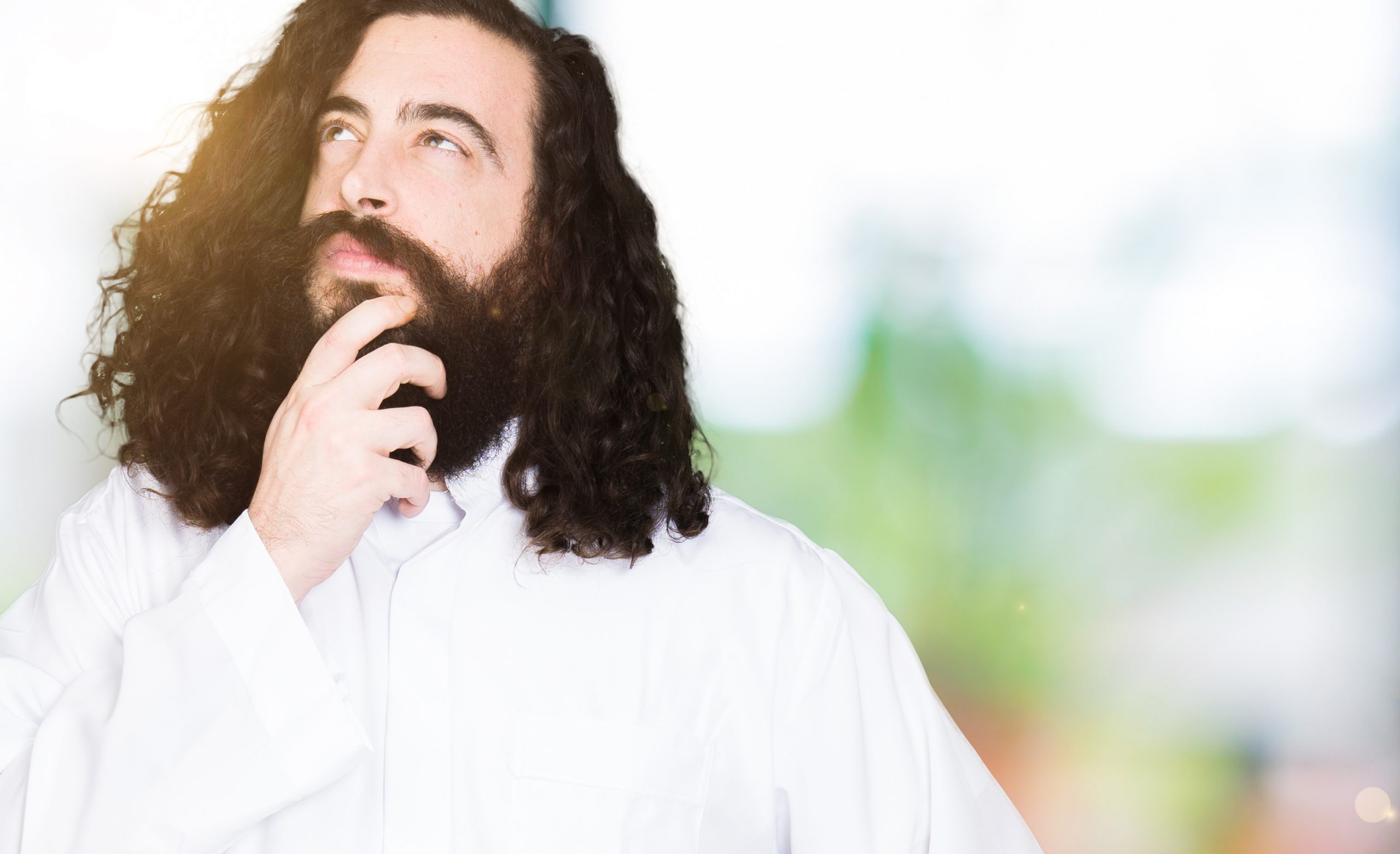- cross-posted to:
- politics@lemmy.world
- cross-posted to:
- politics@lemmy.world
I read an essay by a christian a while ago that pointed out that the separation of church and state wasn’t about protecting the state from religion - it was about protecting religion from the state.
The gist of the argument was that religion should be concentrating on the eternal, and politics, by necessity, concentrates on the immediate. The author was concerned that welding religion and politics together would make religion itself political, meaning it would have to conform to the secular moment rather than looking to saving souls or whatever.
The mind meld of evangelical christianity and right wing politics happened in the mid to late 70s when the US was trying to racially integrate christian universities, which had been severely limiting or excluding black students. Since then, republicans and christians have been in bed together. The southern baptist convention, in fact, originally endorsed the Roe decision because it helped the cause of women. It was only after they decided to go all in on social conservatism that it became a sin.
Christians today are growing concerned about a falloff in attendance and membership. This article concentrates on how conservatism has become a call for people to publicly identify as evangelical while not actually being religious, because it’s an our team thing.
Evangelicals made an ironically Faustian bargain and are starting to realize it.



So… in the US? Not so much.
But it started quite a while ago, and was first talked about by Saint Augustine (edit: looked it up was wrong.) in late Rome, explicitly because people were starting to question god’s power after rome got sacked by the visigoths.
The argument then was basically “kingdom of god is separate, deal with your own shit” but more specifically, that the physical world needed to function so their sky daddy kingdom can… wank off?
Then in the 18’s, it was a reaction to monarchs using Divine Right (to rule) to start appropriation of their authority/influence (by saying they were the head of the church. See Anglican vs Catholic.)
By the time the US got around to adding it to the constitution… it was added because the US colonies were a LOT of puritans. Who… got the shit persecuted out of them until they left. Ironically, because they were imposing their extremely rigid morality laws on everyone around them and their neighbors wanted them.
The puritans wanted the law because they were being told they can’t be assholes.